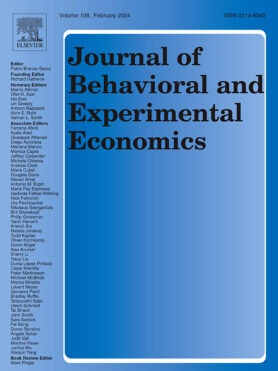Summary
Increasing evidence is produced on how to encourage taxpayers to comply in contexts of weak fiscal capacity, as in most developing countries. Mass-media communication channels present a cheap option for budget-constrained revenue authorities wishing to reach taxpayers. However, very little is known about the effectiveness of such tools. This paper addresses this gap testing the impacts of two short video vignettes on tax matters – one focusing on deterrence and the other on equity – embedded in a survey field experiment design. Using a unique dataset of survey and administrative data from Rwandan taxpayers, we are able to measure impacts on attitudes and filing decisions. We document two significant results. First, both videos are effective in improving perceptions around enforcement and equity. Second, only the deterrence video translates into more tax remitted, while the equity appeal fails to raise revenue. We investigate the mechanisms behind this response and show that taxpayer priors explain why improved equity perceptions do not translate into better compliance, as those taxpayers responding more are those with higher intrinsic motivation and better compliance to begin with. Taxpayers with worse priors remain unaffected by the videos. The experiments are highly cost-effective and easily scalable. These results allow us to make policy recommendations in terms of careful targeting of appeals for compliance.
